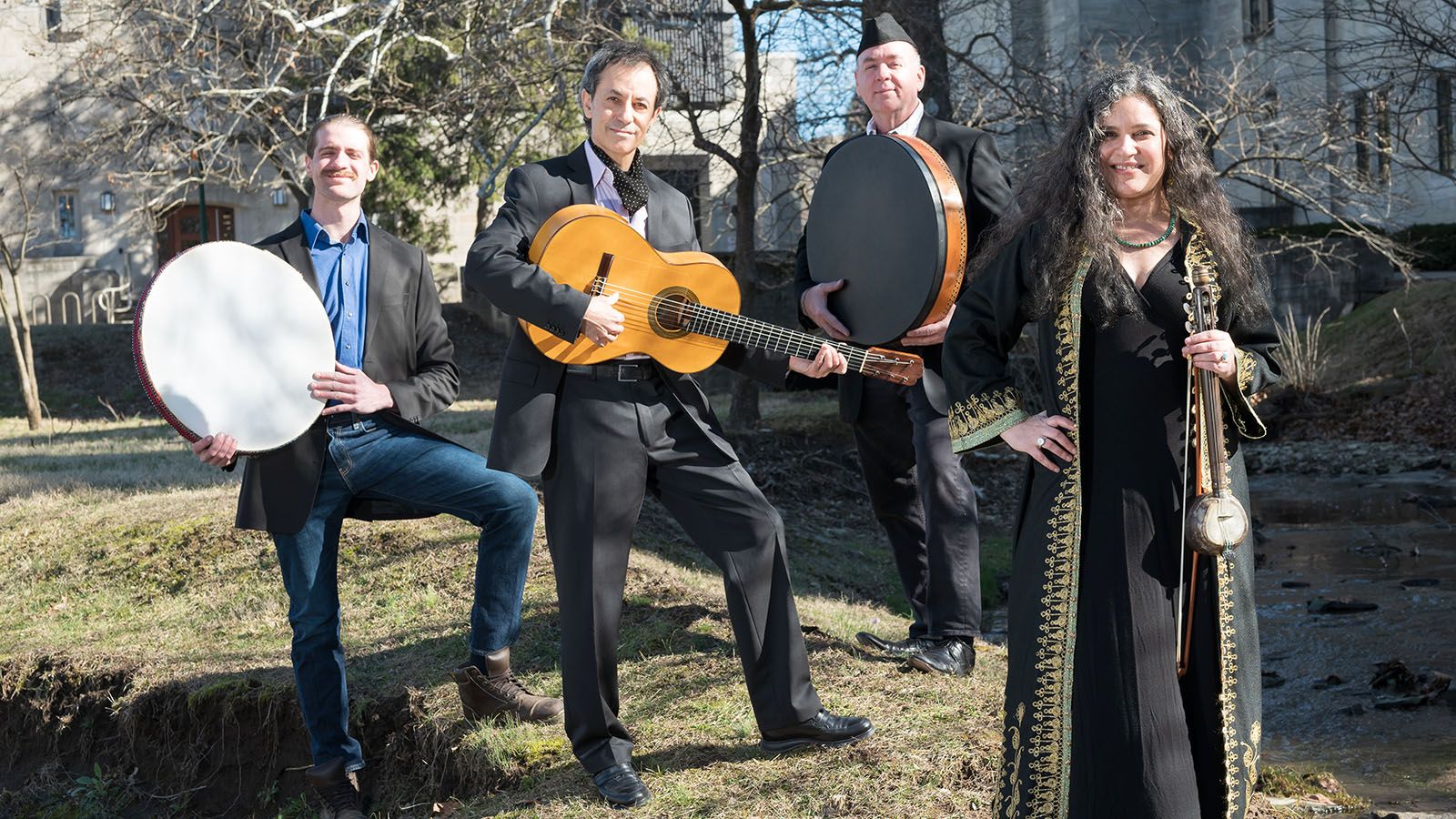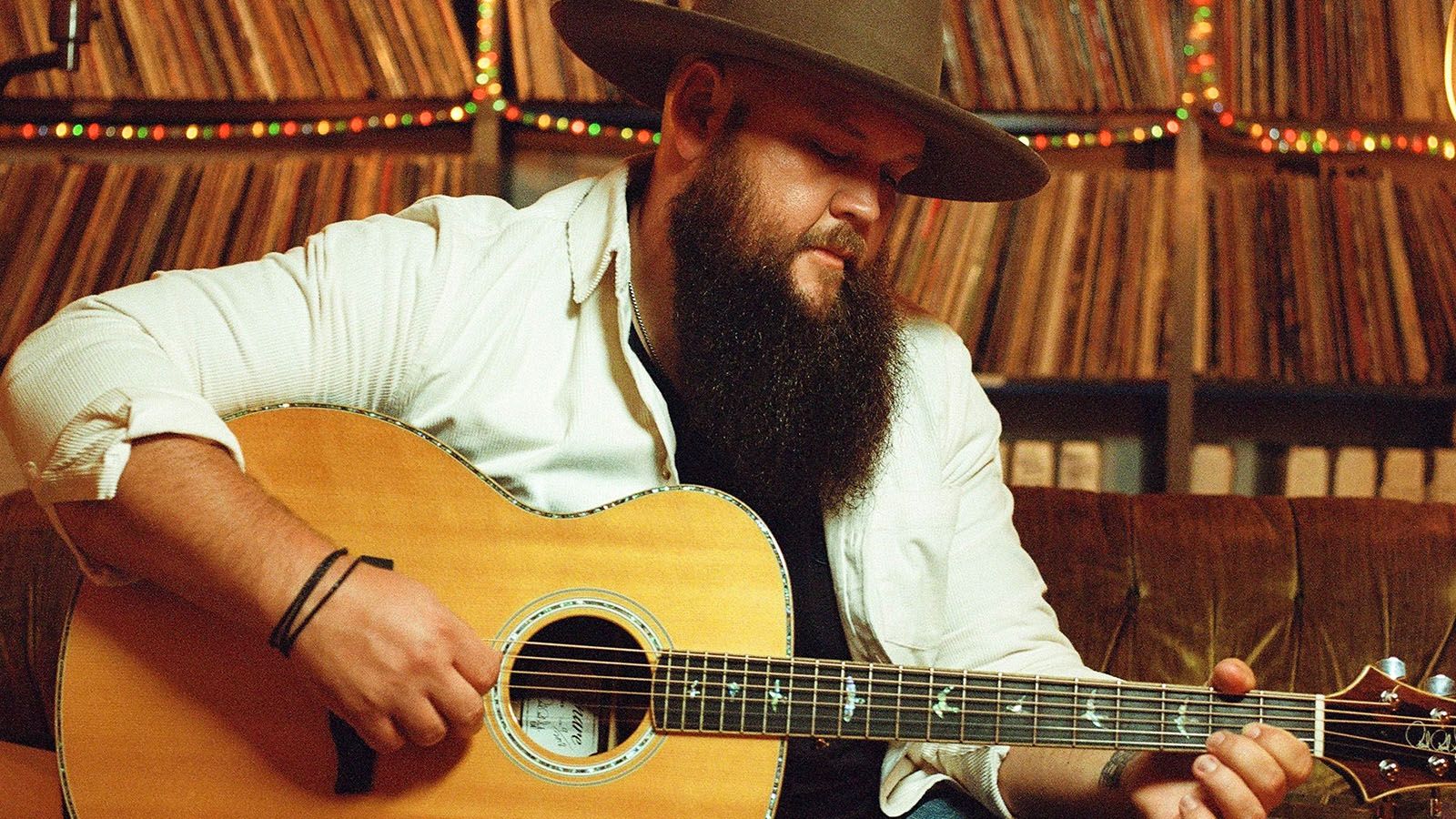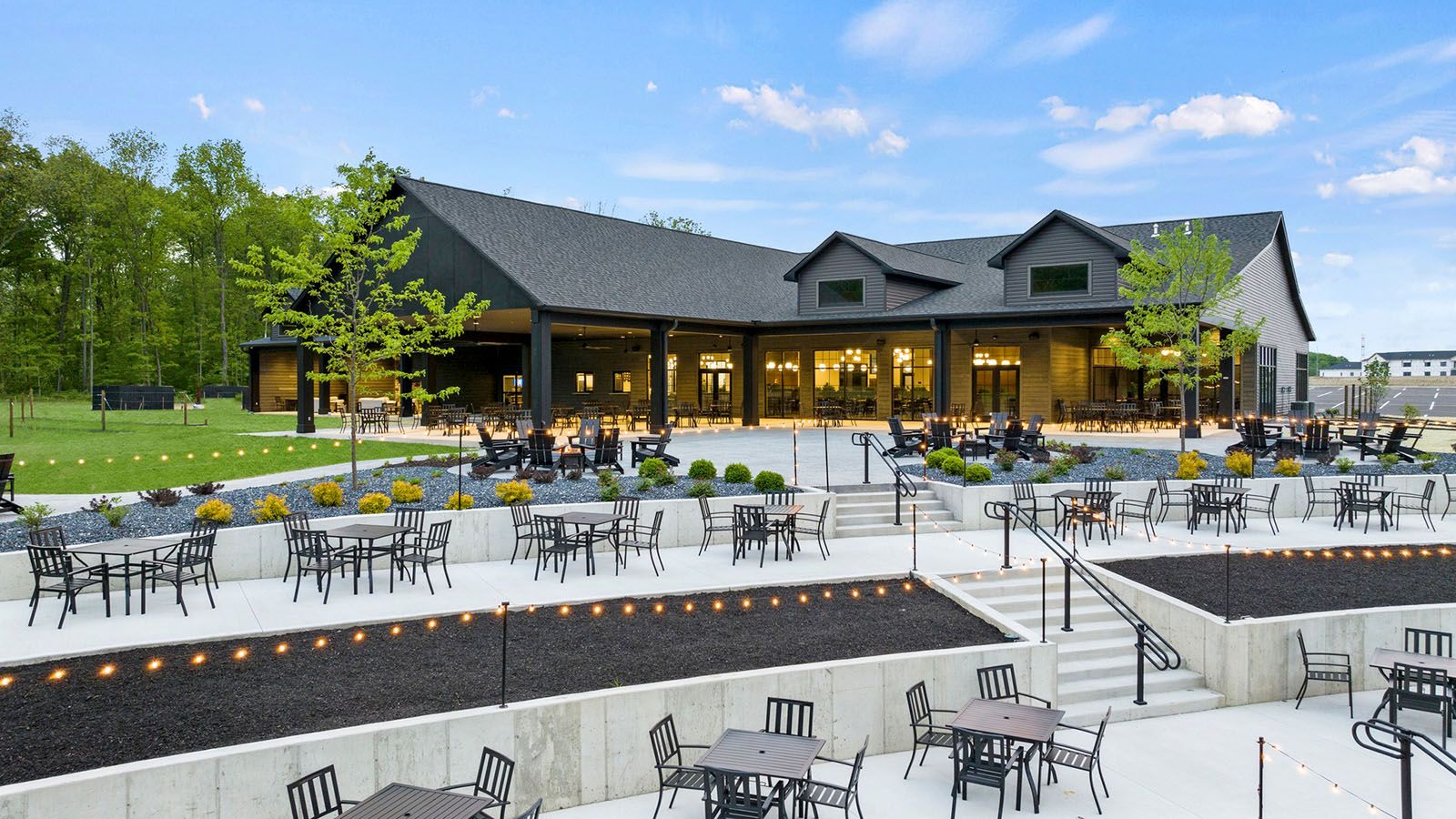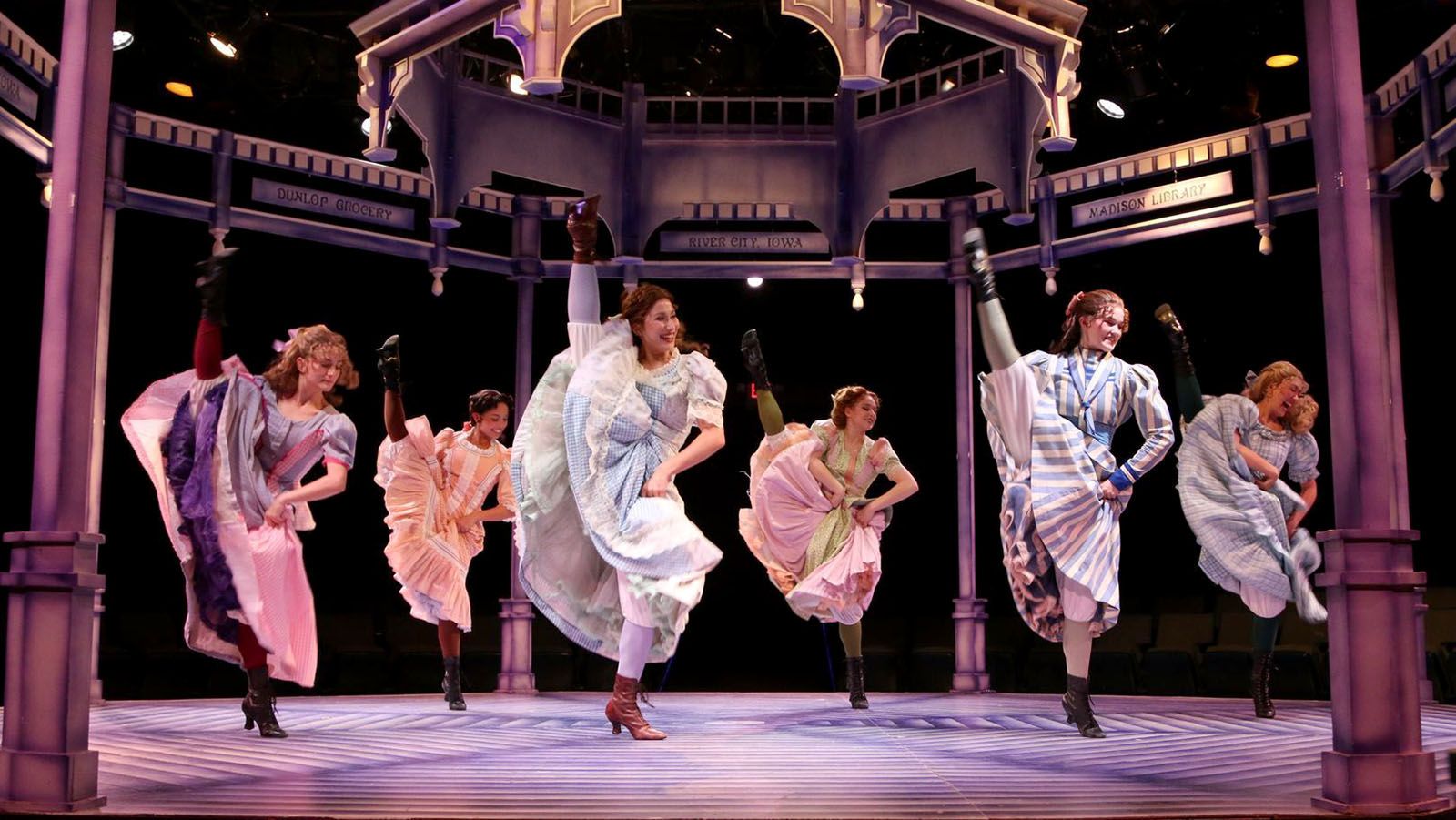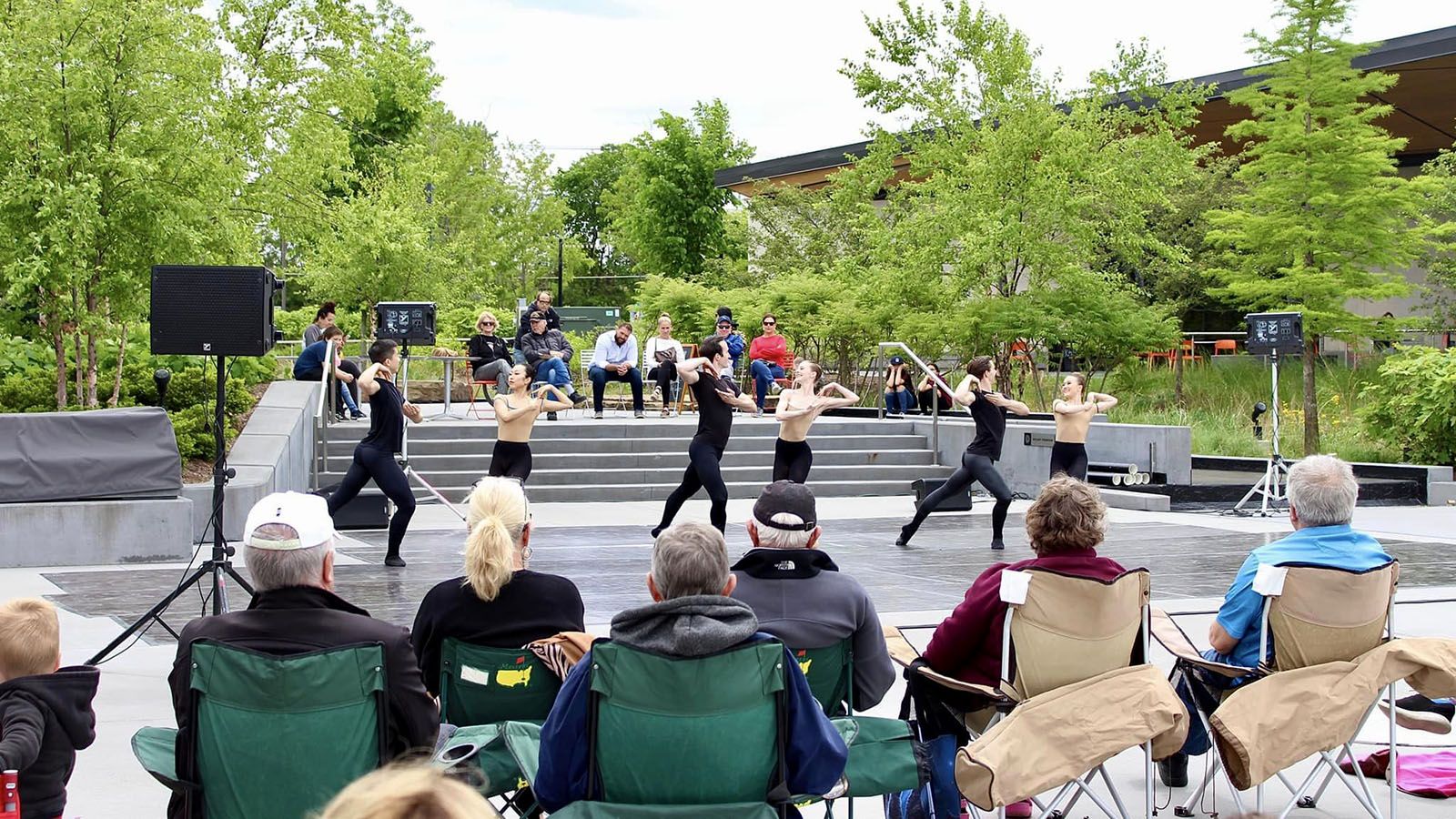As the summer festival season takes off in Fort Wayne, it’s time for one of the newer cultural gatherings — the seventh annual Arab Fest.
You can get your fill of Arab cuisine as well as music, dancing, and crafts when the festival returns to Headwaters Park on Saturday, June 3, and Sunday, June 4.
The Fort Wayne Arab-American community goes back well over a century, starting with immigrants from Lebanon, Syria, and Palestine, otherwise known as the Levant. These days, people whose families come from Yemen, Saudi Arabia, Libya, and other North African countries like Tunisia are represented as well. Arab Fest is a way for them to celebrate their culture and share it with the larger community.
“The music and dancing,” said organizer and Fort Wayne native Rema Addrayie when asked about the most interesting aspect of the festival. “That’s the biggest draw, and also, for me, it portrays the culture very well.”
Plenty to take in
Organizers are confident the music, dance, arts and crafts, community involvement, and of course good food will provide a great weekend for festivalgoers. Just to set the expectations, this year the festival will not have camels or other live animals.
Lots of folks come to roam the souk, an Arab-American bazaar, with all manner of things to delight the eyes and the taste buds. People look forward to having artists paint designs on their hands and arms, using the traditional henna.
As tea and coffee are an important part of the culture, local vendors will include Coffee With Friends, the Lu Garden tea company, Dragon’s Keep Tea, and Glenn’s Honey.
Addrayie mentioned that one vendor is bringing sweets made with sugarcane juice.
The local artisan and import shop Friends of the Third World, a mainstay in Fort Wayne since the 1970s, will have its wares for sale, along with other businesses, artists, and a photographer. There will be a presentation of ornate Arabic calligraphy.
Allen County Public Library will have a booth on Saturday where they share books and activities for all ages based around a wide range of authors from throughout the Middle East.
The Indiana Center for Middle East Peace, the nonprofit organization that originally started Arab Fest Fort Wayne, will have a booth to reach out and get people involved. Other community organizations will likely be added as well.
Many in Fort Wayne hit cultural festivals for the food, and they won’t be disappointed here. The fan-favorite Mediterranean restaurant Just Like Home out of Toledo will once again provide bounteous dinners and snacks. Platters of falafel, beef kafta, chicken kabobs, hummus and pita, and trays of baklava will be for sale.
Acclaimed music
And now on to the world-class music and dance.
The Detroit suburb of Dearborn, Michigan, is famous for its large population of Arab-Americans. Once again, the Thowra Dabke dance troupe is coming down to entertain at 12:30 p.m. and 4:30 p.m. on Saturday, June 3, and 12:45 p.m. and 3:30 p.m. on Sunday, June 4.
Addrayie was also excited to tell us they will feature a renowned musical group with a 30-year history and several critically acclaimed albums: the Salaam Middle-Eastern Music Ensemble from Bloomington.
“The thing that I like about the Salaam band is that they play music from different regions in the Arab world,” Addrayie said of the band that will perform at 2 p.m. and 5:30 p.m. on Saturday, June 3, and 1:30 p.m. on Sunday, June 4. “The music of Lebanon, Syria, the Levant area is very different from the music of the Gulf, or Northern African music.”
Band leader Dena El Saffar sings and plays violin and the bowed instrument called the joza. She’s an Iraqi-American whose family came to the U.S. a decade before the Gulf War. With a classical education in viola from Indiana University, she made it her imperative to learn about the traditional Iraqi music, called maqam.
“This has just been a nonstop discovery,” El Saffar said. “Arabic music has so much to it. There’s so many different traditions and styles and approaches and a whole lot of theory. It’s something that takes a whole lifetime to really get. So 30 years in a way feels like, well, we’re just getting started now.”
Maqam is framed by melodies built on exotic scales and modes that are more elaborate than the basic major and minor keys in Western music. Maqam doesn’t use Western chords. Like many other Mediterranean and even Eastern European traditions, it features complex rhythms in odd, asymmetrical meters which people who grew up with it have no problem dancing to.
Not your ordinary sound
El Saffar performs with her husband, percussionist and singer Tim Moore. The band also features two very non-traditional additions, Spanish classical guitarist and singer Tomás Lozano, and El Saffar and Moore’s son Jamil on electric bass guitar.
Lozano’s guitar “does bring a different element,” El Saffar said. “The relationship between the Arab world and Spain is probably something you’re familiar with. There’s definitely a lot of interesting cultural and musical connections.
“I have had chapters of this band, Salaam, where we’re going far more towards the tradition and other times where we’re being more expansive and adding in different elements that are not as traditional.
“In the musical landscape right now, when you look at, say, Arabic pop music, there’s a ton of different elements.”
 Submit Your Event
Submit Your Event